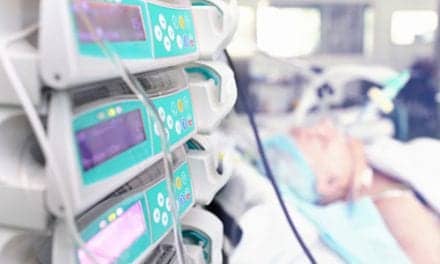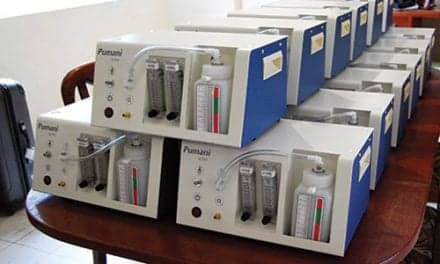Extracorporeal membrane oxygenation (ECMO) may prove to be a new rescue strategy for some patients suffering cardiac arrest and shock who cannot be resuscitated through CPR and defibrillation, according to study results presented at the Society for Academic Emergency Medicine annual meeting on May 14-18, 2013.
The study, titled “ECMO as Rescue Strategy for Refractory Cardiac Arrest and Profound Shock,” sought to assess outcomes for patients undergoing ECMO presenting in the ED and for in-hospital cardiac arrests at the Hospital of the University of Pennsylvania.
All 33 participants experienced arrest, bystander CPR, or an initial shockable rhythm. Three-quarters of the patients were treated for cardiac arrest, and the remainder were treated for refractory shock. Using the ECMO strategy, 21% of the patients survived to discharge and 5 were neurologically intact, according to researchers.
“This preliminary study shows that using ECMO in a collaborative model between emergency physicians and cardiothoracic surgeons can be a useful rescue tool in select cardiac arrest and shock patients,” said senior study author Michael Acker, MD, chief, Division of Cardiovascular Surgery at Penn Medicine. “The results are promising given that among patients that regain a pulse after cardiac arrest, only one out of three survive to hospital discharge.”









